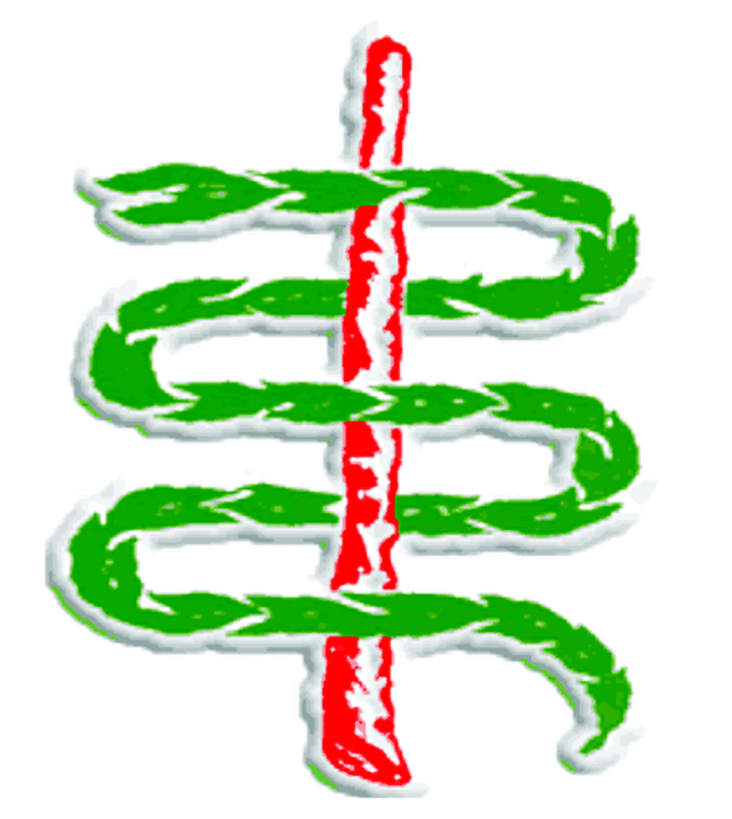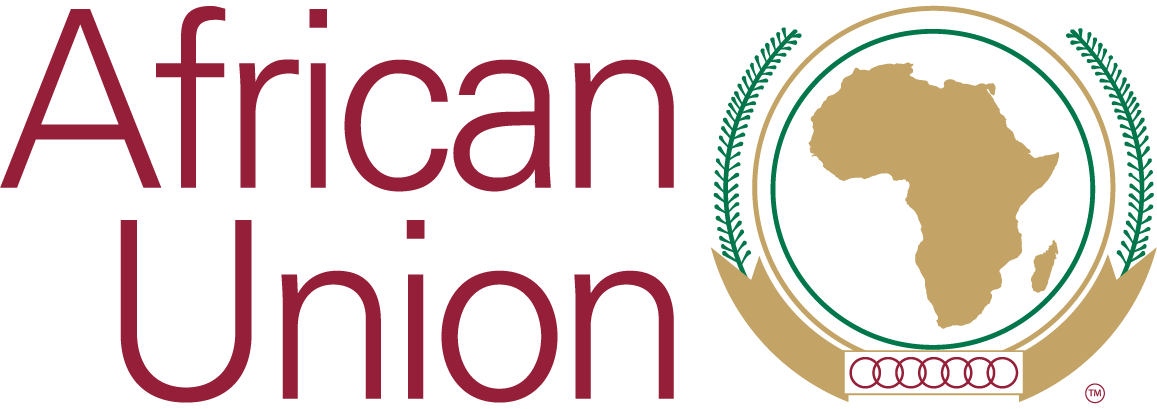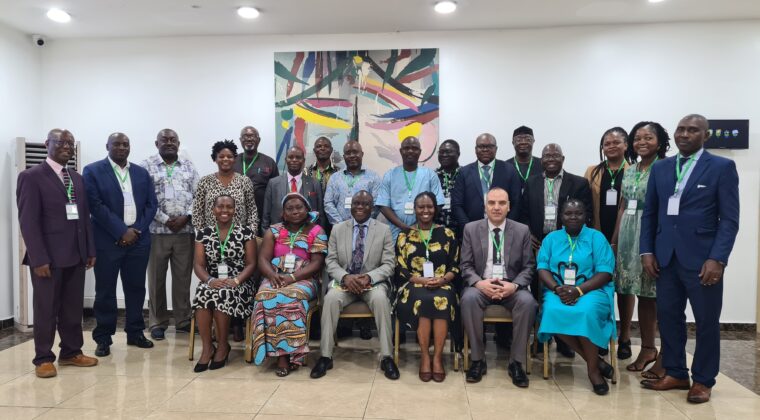Plant health experts gather to examine regulation of priority commodities
By Chipiliro Kansilanga in Accra, Ghana
Plant health experts, stakeholders and African member states are this week engaged in intense discussions and debates on how best the African continent can leverage opportunities to harmonize the regulation of priority commodities, for promotion and protection of plant health.
The discussion is happening in Ghana’s capital Accra, as part of the workshop on harmonization of phytosanitary regulation for prioritized commodities organized by the Inter-African Phytosanitary Council of the African Union (AU-IAPSC).
It is part of AU-IAPSC’ mission of securing cooperation among member states in protecting continental plant resources from the introduction and spread of pests of plants, in order to preserve food security, biodiversity and to facilitate trade.
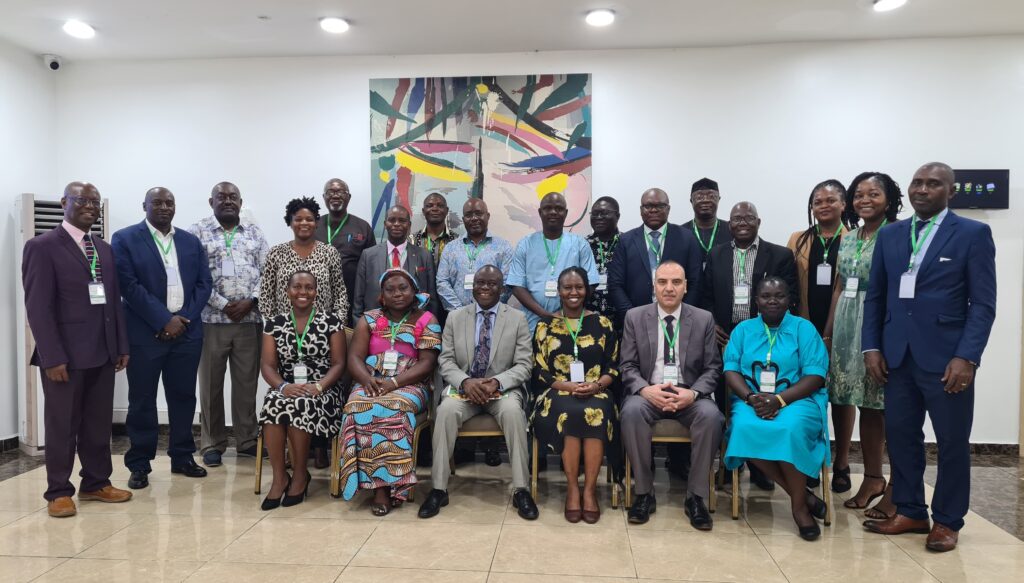
Host Ghana’s Deputy Minister of Agriculture (crops) Mr Yaw Frempong Addo opening the meeting challenged the participants to share knowledge, skills and best practices to develop common regulations and to streamline processes, as one way of enhancing trade facilitation within and even beyond the continent.
“This is a critical step towards enhancing trade within the continent and by aligning our regulations, we can create a more efficient, transparent, and resilient trading,’” he said.
He added that a common regulation would help reduce the burdensome requirements faced by producers and exporters through simplification of documentation, inspections, certification procedures and ultimately reducing costs and time.
Through the workshop, AU-IAPSC is also looking to facilitate the sustainable collaboration of member states and plant health stakeholders, in developing and implementing international plant health standards by the International Plant Protection Organization (IPPC).
All this, to strengthen the effectiveness of regulatory interventions, improve compliance with international standards and the Sanitary and Phytosanitary measures (SPS).
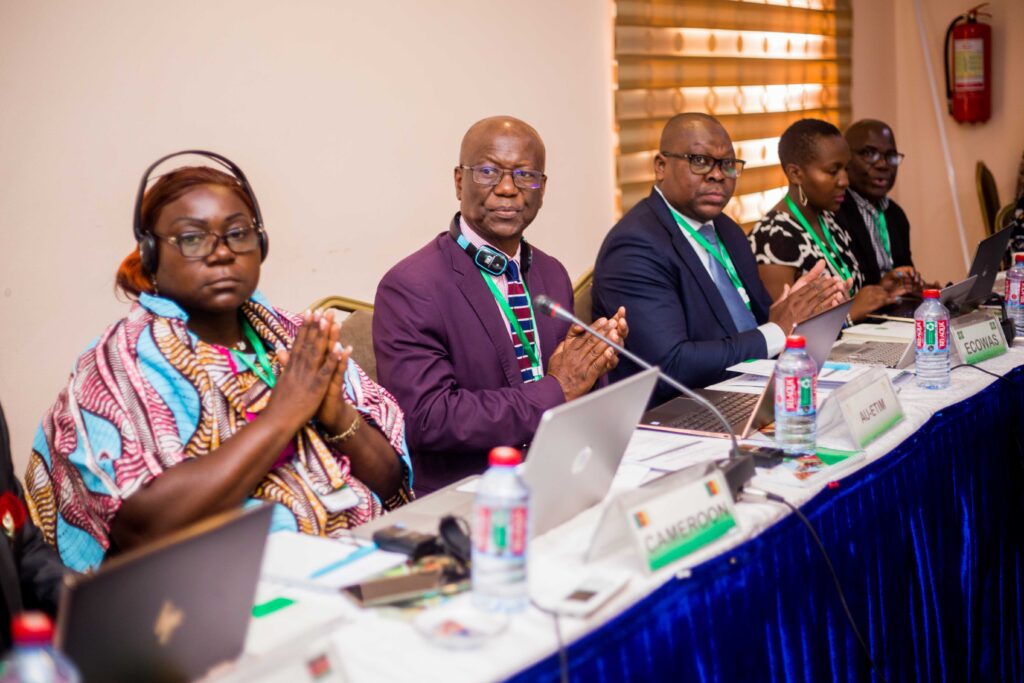
On the agenda for the week is also undertaking case studies and development of a working plan in analysis and considerations in the selection of priority commodities, considerations and process of implementing phytosanitary measures and regulations at national and regional levels.
About 22 National Plant Protection Organizations (NPPO) attending the workshop include Benin, Cameroon, Egypt, Nigeria, Kenya, Uganda, and the host Ghana while stakeholders include the African Continental Free Trade Area (AfCFTA), African Seed Trade Association (AFSTA), the East African Community (EAC), FAO of the United Nations, Economic Community of West African State (ECOWAS), Pan African Farmers Association (PAFO) and Kenya Plant Health Inspectorate Service (KEPHIS).
